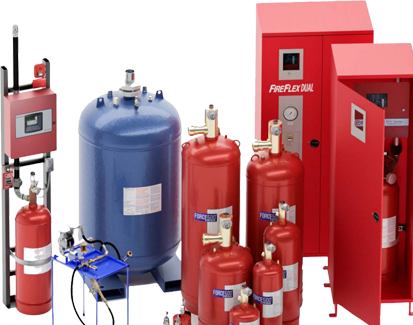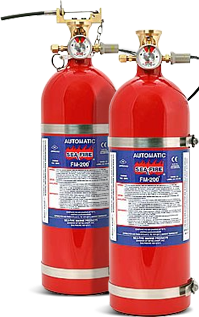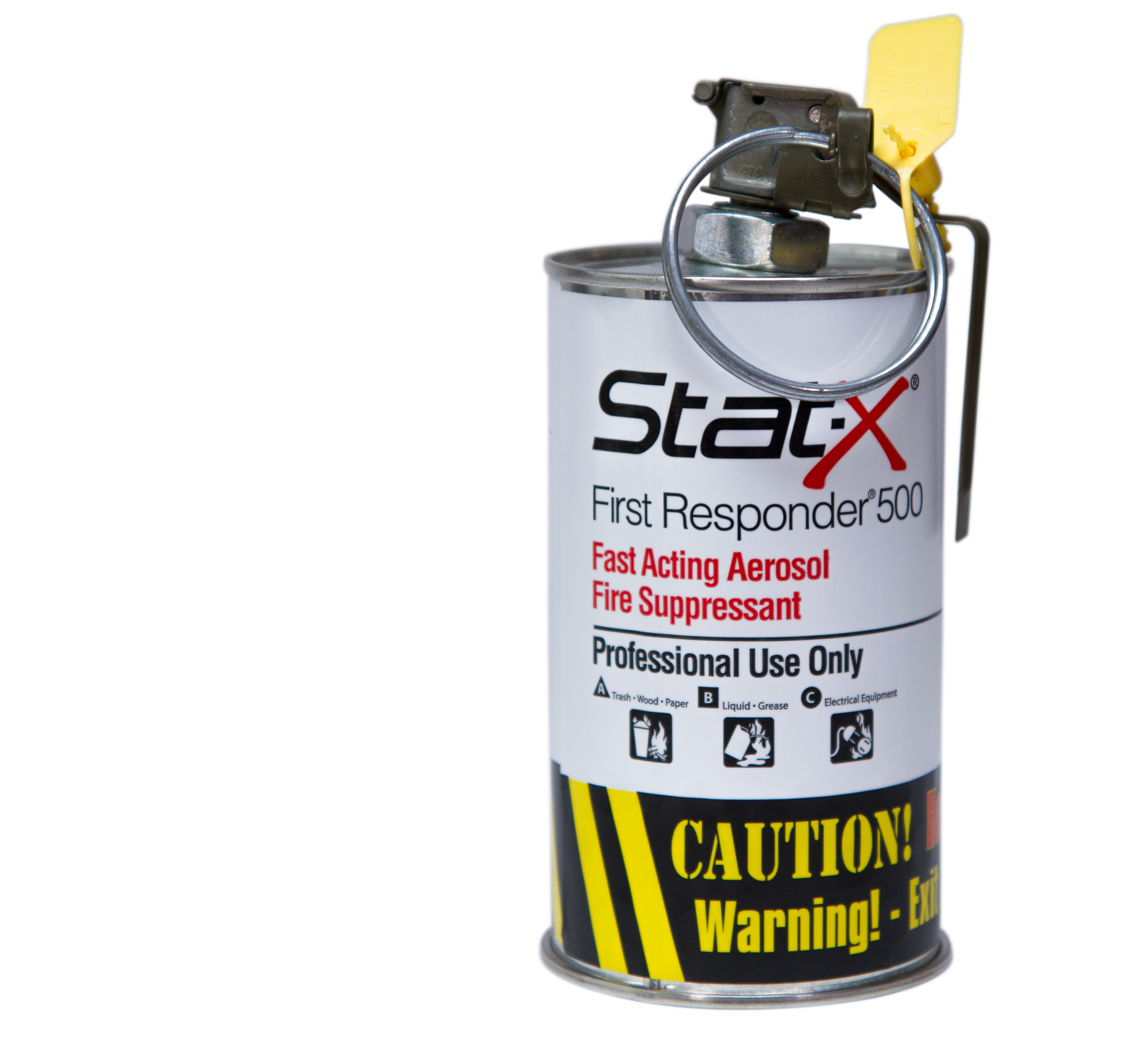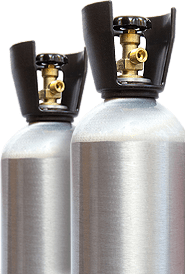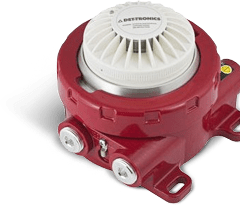Battery Energy Storage Systems Fire Suppression
Battery Energy Storage Systems, also known as BESS, are specialized containers used for the storage of thousands of lithium-ion batteries. These structures are engineered with the intention of preventing the large explosions or fires that can be caused by defective lithium-ion batteries.
Although the technology used in Lithium-Ion batteries is continually improving, there continue to be incidents related to malfunctioning batteries. Storing large amounts of batteries together can be dangerous due to chain reaction processes where the failure of one battery may lead to the ultimate failure of all the batteries within the same storage system.
BESS technology implements fire, heat, and smoke detection systems, as well as fire suppression proved to be safer, and more efficient.
Lithium Ion Batteries: Fires and Explosions
Lithium Ion batteries are quickly becoming the most popular batteries on the market today. From cell phones and camera batteries to electric vehicles, they are being utilized more frequently than ever before.
Unfortunately, they do pose a risk of fire and explosion. Lithium Ion Battery safety and quality standards have come a long way since first introduced to the market, but they are not perfect, and incidents of fire and explosion still occur.
A lithium ion fire can be caused by damage, manufacturing defects, improper use, and excessively hot storage temperatures. The damaged battery then begins to emit gas, typically hydrogen, as well as heat. Eventually, the heat creates smoke which means that the next likely event to occur is "Thermal Runaway", where the heat inside of the battery is created faster than it can disperse, leading to fire. The fire caused by the single battery then affects the adjacent batteries, causing them to fail, creating a chain reaction of battery failure which can lead to an explosion if enough batteries fail and produce heat and gas.
Why Choose Control Fire Systems?
BESS systems may not be perfect, but they don't have to fail - that's why fire detection and fire suppression systems are all the more important in order to prevent such incidents.
Control Fire Systems is a complete system supplier, and can provide all of the necessary equipment to keep your BESS safe from catastrophic damage. Our dedicated team of staff members is always available for any questions or concerns you may have, before, during, or after installation. We have decades of experience and employ fire suppression system technicians who possess both the knowledge and skills required to help you select, design, install, and maintain an effective and lasting fire suppression system. Our dedicated team is located in the Toronto area, and is able to provide you with the help and knowledge you need in order to protect you, your loved ones, and your property from fire.
Plan on having a BESS system that needs the proper equipment? At Control Fire Systems, we're here for you. Give us a call at 1-866-525-8514.
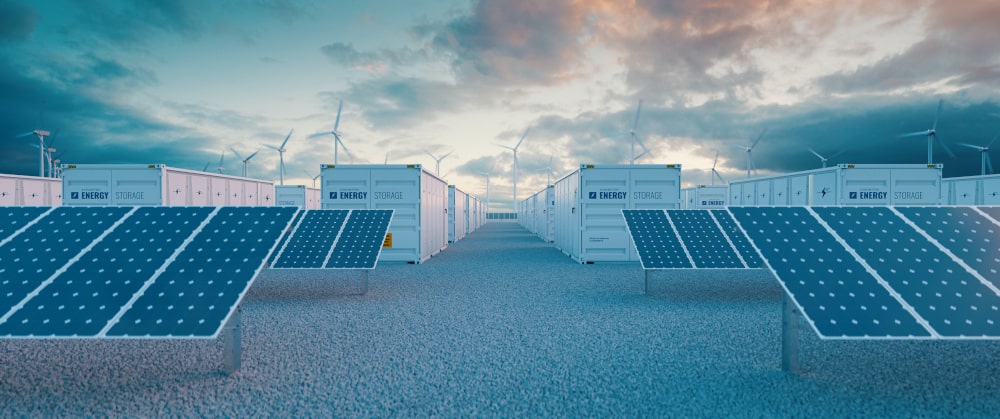
Fire suppression systems are designed to suppress an Initial Surface Fire Within the Container and is not designed or Implied to Extinguish Thermal Runaway in Lithium Batteries themselves.
Fire Safety Requirements for Storing Lithium-Ion Batteries
Storing lithium ion batteries requires a few key components in order to store them safely.
First and foremost, a BESS must be outfitted with a Battery Management System, or BMS, to help protect the batteries from damage and prevent them from becoming overcharged. The BMS monitors all of the batteries within a system, and will notify the owner when there are changes in battery ambient temperature, or when there is a change in the electrolytes within the battery cell.
Other safety requirements include explosion vent panels, detection systems, and a well-designed BESS fire system. Explosion vent panels are passive devices that will direct explosive pressure, flames, and gasses upward rather than laterally, which could affect people or other units. Meanwhile, detection systems identify the beginnings of potential issues, such as thermal runaway, and activate necessary protections. A well-designed BESS can prevent many issues before they begin.
Aerosols as Extinguishing Agents
Aerosols are a unique method of extinguishing fires because of the way they interact with the fire's combustion reaction. Rather than removing oxygen from the fire, reducing the heat of the fire, or starving the fire by removing burnable material, aerosols interrupt the chemical chain reaction of the combustion process at a molecular level. Disrupting the combustion chemical chain reaction from the process of combustion is considered the most effective form of fire suppression.
Aerosols work well in the BESS environment because they work as a "total flooding system", meaning they release large amounts of aerosol, completely and sufficiently covering the area being protected. They are able to be used with electronic equipment, as the aerosols being released are non-reactive with electronic components and will not further damage electronic goods.
Aerosol systems do not require piping, external pumps, pressurized barrels, or valves, unlike other methods of fire suppression systems. Due to the fact that aerosol systems do not require all of these additional components, they are also one of the cheapest methods of fire suppression on the market today.
Novec 1230 for BESS Systems
Based on the Novec 1230 protection fluid made by 3M, our fire extinguishing aerosol system, Kidde ECS 500 Novec SEVO 1230 FORCE 500, allows for smaller pipe diameters and the use of low-pressure welded cylinders. When a thermal event is detected, off-gas fire detectors release a 3M Novec 1230 agent into the direct injection pipe network, effectively absorbing all heat from its battery cells.
After discharge, the Novec 1230 or KF-5-1-12 agent dissipates and leaves no residue, requiring no cleanup. Due to its enhanced dielectric, low-toxicity, and non-corrosive properties, Novec 1230 is perfect for electronics and battery systems. Novec 1230 is also one of the most environmentally friendly agents available on the market when it comes to protecting BESS systems, as it ensures zero impact to the ozone layer.
Lithium Ion BESS: Challenges with Fire
Lithium Ion Battery Energy Storage Systems are the current power storage system of choice due to their efficiency, size, rate of recharge, and storage capacity. Unfortunately, lithium ion batteries are also extremely volatile if they are mishandled, overcharged, or damaged. If one cell of the battery succumbs to failure, it may cause other cells to fail and create a domino effect of failing cells that will quickly pass to adjacent cells, batteries, and racks, ultimately causing a large fire or explosion.
There are four stages of cell failure in a lithium ion battery.
- Stage one: Damage is caused to the cell, whether electrical, thermal, or mechanical.
- Stage two: Off-gas generation. Once the battery begins to fail, a gas is released from the cell. This event happens right before thermal runaway.
- Stage 3: Smoke generation. This indicates that the cell has reached thermal runaway and is now creating more heat faster than the heat can be distributed.
- Stage 4: Fire. This stage will occur shortly after stage 3, and the cell can catch fire or explode at any time. *





